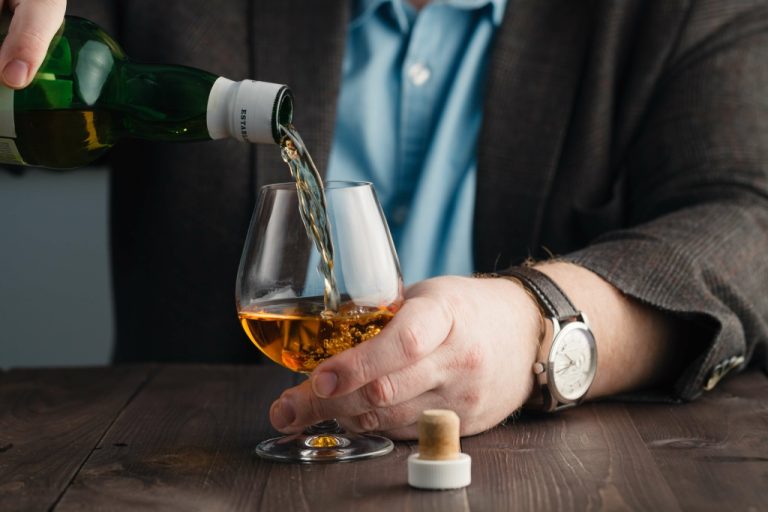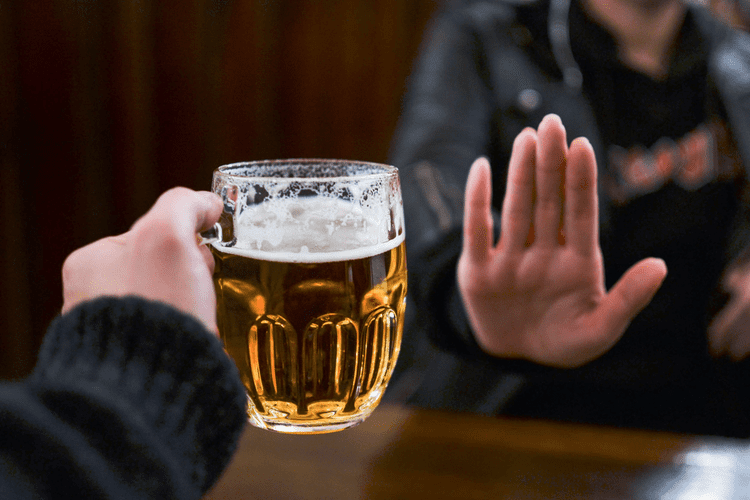Alcohol consumption is a common social activity, but the experience of being drunk can vary widely among individuals. This article delves into the physical sensations of being drunk, including common symptoms like dizziness, nausea, and impaired coordination. We will also explore how alcohol affects motor skills and balance, and the role it plays in causing dehydration and its physical effects.
The Dopamine Connection: Alcohol’s Reward System Activation
Alcohol also intensifies existing emotions, which is why people sometimes get emotional or aggressive while drinking. At this stage, many people enjoy the social and relaxed feelings alcohol brings. It’s easy to underestimate the effects because they feel mild, but your brain and body are already being affected. Your personality can change when you drink due to alcohol’s effects on the brain. When you consume alcohol, it is quickly diffused into your bloodstream, reaching your brain within about five minutes. As your blood alcohol concentration (BAC) rises, the effects why does being drunk feel good of alcohol on your personality become more pronounced.
Farmapram vs. Xanax: Understanding the Dangers
Alcohol is often used as a coping mechanism to manage stress, anxiety, and other negative emotions, providing what is sometimes called “Dutch courage”. It reduces our inhibitions, making us less cautious and more inclined to take social risks. However, this disinhibiting effect can also lead to problematic behaviour, such as saying something hurtful or attempting to drive while intoxicated. Alcohol is a psychoactive substance, meaning it can significantly alter our thoughts and feelings. Alcohol increases the production of dopamine and serotonin, which are two of the body’s primary “happy hormones”.
- At this stage, drinking is no longer just about seeking pleasure; it’s also about avoiding the discomfort of withdrawal and the influx of dynorphin that comes with it.
- But for others, it might mean doing something truly dangerous, like driving drunk or taking a dive off the roof.
- Initially, individuals may feel happy and relaxed, but as intoxication increases, these positive emotions can quickly turn into irritability, sadness, or anger.
- Other people are the opposite of cheerful when they consume excessive amounts of alcohol.
- Dopamine acts as a chemical messenger, signaling to the brain that something important or rewarding is happening.
- An emotional drinker might periodically use alcohol to cope with negative emotions, but may not necessarily drink regularly or heavily outside of these instances.
Preventing and Managing Alcohol-Related Risks

Short-term risks of excessive drinking include accidents, injuries, alcohol poisoning, and impaired judgment. These risks can alcoholism symptoms have immediate and severe consequences, including legal issues and physical harm. Initially, individuals may feel happy and relaxed, but as intoxication increases, these positive emotions can quickly turn into irritability, sadness, or anger. These mood swings are often unpredictable and can lead to conflicts and misunderstandings in social settings. A hangover typically feels like a combination of headache, nausea, vomiting, fatigue, increased anxiety, and depression the morning after heavy drinking. It’s caused by dehydration, alcohol’s toxic byproducts, inflammation, and neurotransmitter imbalances as the body recovers.
- Do you know someone who always seems to black out after drinking?
- You will not be able to breathe normally, and your gag reflex won’t work correctly.
- While acute alcohol intake may increase serotonin release, chronic alcohol use can lead to long-term alterations in serotonin function.
- This split, between the tragic consequences of alcohol abuse and the evident pleasure people get out of drinking, has led many people to ask, “Why do people like getting drunk?
But lots of peeing and not drinking enough nonalcoholic fluids will make you thirsty and dehydrated — and even drunker. That’s why you’re supposed to drink a glass of water between each round. Without grub in your gut, the concentration of alcohol in your blood quickly spikes, according to a small 1997 study.
What Does Being Drunk Feel Like? The Stages of Intoxication
This stage is marked by a sense of euphoria and https://stardisposables.co.uk/pet-friendly-community-in-philadelphia/ increased sociability. Drinking small amounts of alcohol can stimulate your appetite because it increases the flow of stomach juices. This allows your stomach to absorb the alcohol and break it down before it reaches your small intestine and bloodstream.

ADDICTIONS WE TREAT
One of the most noticeable physical effects of being drunk is the loss of coordination. Individuals may have difficulty walking, experience slurred speech, and struggle with fine motor skills. This lack of coordination can increase the risk of accidents and injuries.
